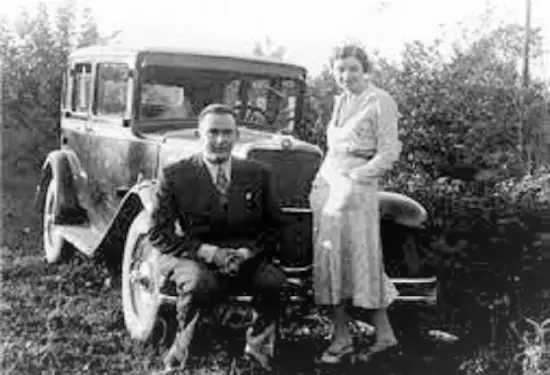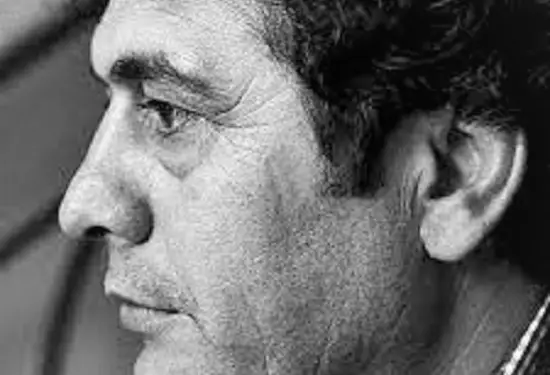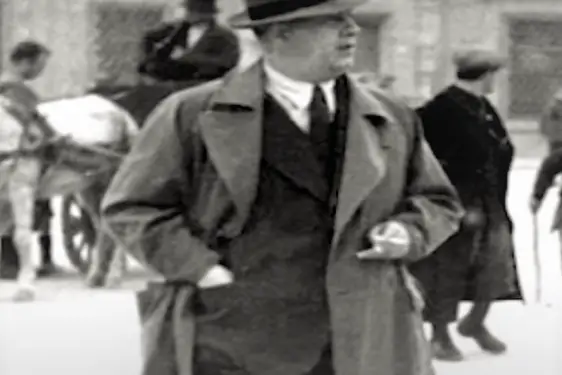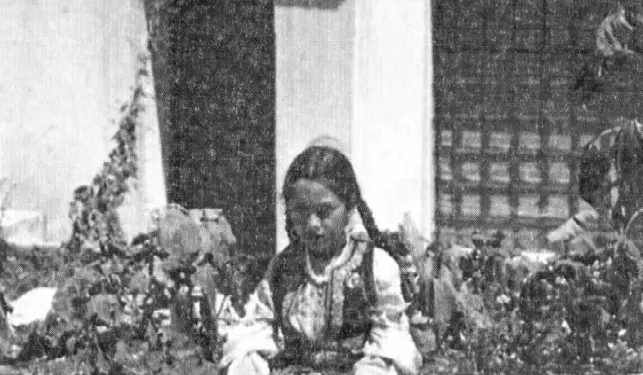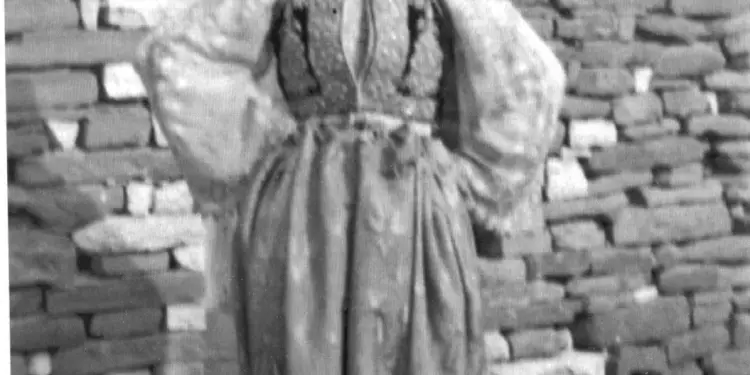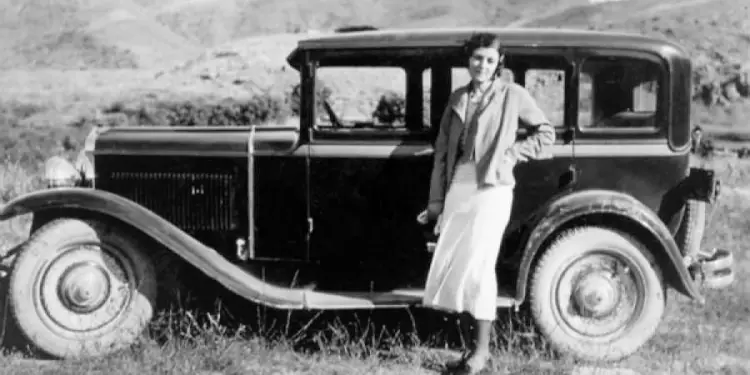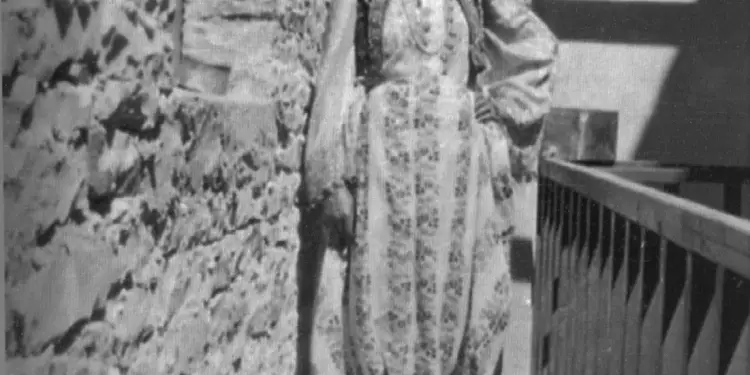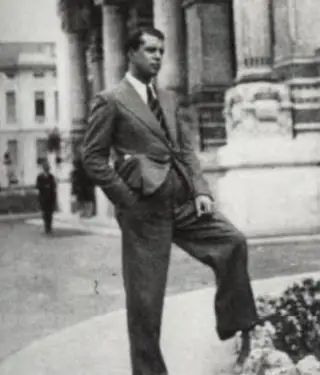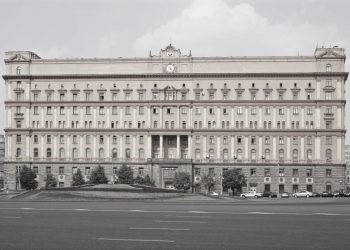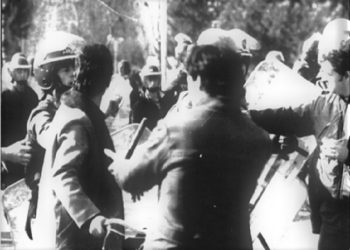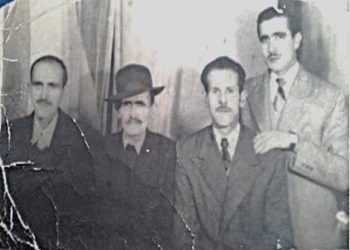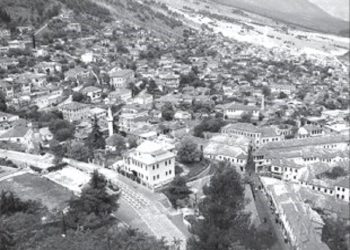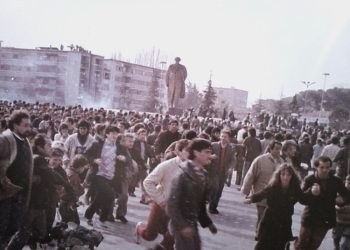From Agron Tufa
-Foreword to the book “Brenga ime albanian”, by the Italian author Aldo Terruzi-
Memorie.al / The crimes of communism in Albania constitute an unopened chapter, although they have been talked about in these 20 years after the fall of the dictatorship, mainly through the fragmentary memories of those who survived the weight of violence. It has been talked about in different media in different ways, with minimizing and aggravating tones, but always following the flat surface of newspapers and screens, until the perception of communism as a human, social and national evil has been reduced to a kind of exotic, without having the right concreteness nor the correct coordinate. In the face of our experience under the communist dictatorship, as a bitter sum of Evil, there was neither strategy, nor will, nor a social agreement. Often, whenever certain aspects of the communist persecution are talked about in the media, the problem is knocked through the back door!
Meanwhile, we were expected to face it differently, honestly, to define and clarify the geography of the crime, to understand the all-encompassing dimensions of the carnage, the destruction and the alienation, the great and irreparable breach that has occurred in the internal code of honor and human dignity. .
The sad saga of Aldo Terruzi’s family is an appeal to meditate on the fate of foreign citizens, often very kind to our people, who had compared their fate and that of their families with the fate of the Albanian society, fellow countrymen of knowledge, they attached themselves to it and tried to contribute to it with dedication and sincerity. Even today, we are still not aware of the great contribution, of the desire and love of these foreigners, who gave everything good for the modernization of the Albanian society.
Their tragedies burden us especially and make us feel ashamed as Albanians, because the communist government treated them with the same absurdity, with the same ferocity and disloyalty, just like with the Albanian citizens. If we can talk with certainty about endless episodes of infidelity and betrayal of the communist government towards its citizens, the facts force us to conclude that the same practice has been followed by the dictatorship for foreign citizens as well.
The blindness and internationalist fanaticism of the Albanian communists spared neither the former nor the latter. While for the former, the Albanian citizens, to some extent we can engage in a logic, however wild and unacceptable, for the foreign citizens, this brutality and infidelity was beyond any moral expectations, a shameful and insulting act of traditional imaginings about inviolability friend’s
The communist practice violated the moral constitution of the Albanians at this point as well, including them without distinction in the grinding machine of class war, espionage and saboteurs. Therefore, the communist strategy with foreigners results in another humiliation of traditional Albanian honor and ethics. And to think, that just one year before the installation of Enver Hoxha’s dictatorship, these traditional Albanian virtues had marked the unique and only human act in all of Europe mixed with the funeral music of escorting Jews to crematoriums and Nazi gas chambers!
It is this same people who set the only example of protecting, hiding and rescuing all their own and foreign Jews who came to Albania and it is this same people who, after a year, under the hoof of bloody communist oppression, not only he could not protect any foreigner, not even his own sons. It is a pity that until today there are no statistics on the number of foreigners who were subjected to the ordeal of prisons, shootings, deportations and other forms of repression. However, from some lists of prisoners and sentences, it can be seen that this number is very large.
It begins with the installation of power in 1945 with thickly staged trials and culminates with mass arrests and punishments after the breakdown of relations with the Soviet Union. In the most recent case, the dishonor of Albanian psychology and ethics took the most disgusting form with the arrest of foreign women, marking significant human and family tragedies. For the wild and primitive communist logic, there was not even any kind of social, professional or gender differentiation.
The heads of the investigation, as will emerge from the testimonies, orders and publications of the Institute for the Study of Crimes and Consequences of Communism, in addition to torture and blackmail on women, have committed the most shameful and cruel acts that offend every normal Albanian, such as rape their planned, as a measure of crushing all resistance.
These shameful aspects must be talked about openly, concretely and with facts, if we must distance ourselves from such crimes that burden our conscience. Everyone who has read the memoirs of the writer Petro Marko “Clouds and Stones”, remembers the cruel episode of the murder of the brilliant Polish geologist, Stanislav Zuber. Petro Marko narrates in fine detail, directly from the cell where he is hanging by his arms, how the great world-famous scientist died under the furious kicks of his tormentors.
The bandit clique of state violence recognized neither goal nor norm. And the macabre behavior towards foreigners, finding their remains, illuminating their personal stories, is a task that we have to fulfill today, to honor their memory as the most innocent victims of the dictatorship and through this act, to express the consolation for them, as well as the unequivocal divorce with the crimes of the dictatorship, which, of course, have nothing to do with the representation of our human morality and ethics.
Enver Hoxha’s paranoid revenge against women
The memoir book “Brenga ime albanian” by the Italian engineer Aldo Renato Terruzi, is the first book of the “Ad memorandum” series, of the Institute’s publications with the manuscripts of memoirs, reflections, diaries and epistolaries that capture the memory of the sad experiences of tragic that Albanian and foreign citizens experienced in prisons, internment camps, forms of deportation and various persecutions throughout the dictatorship of the totalitarian communist regime, from 1944, until its fall in 1991.
Fulfilling this civic duty of memory and reinterpretation of our common experience, spent in the dictatorship, the Institute of Crime Studies and the Consequences of Communism, will bring through this following column the chilling evidence, at the same time, of dignified resistance in the face of animal cruelty of interrogators, Security officers, staged trials, shootings, suicides, imprisonment and other forms of repression, aimed at subduing, humiliating and finally breaking the character of any opponent of the regime.
The memoirs of the book ‘Brenga ime albanian’ by Aldo Renato Terruzi, comes in Albanian immediately after its publication in Italian in 2011, from the publishing house “Besa”, with the original title “Ritorno al Paese delle Aquilc” (Return to the Country of the Eagles”). The narrative is simple, direct and from the compositional point of view it is built on the experience of the Italy-Albania trip, of the two protagonists of the narrative, Aldo (author of the narrative) and his uncle, Xhakomos, the former – the famous goalkeeper of the Albanian national football team of 1946, the year when this national team won the Balkan Championship cup. The confession of Mr. Terruzi is not in the familiar style of travel genres, with the aim of describing unknown places.
Both travelers return after 44 years to Albania, to the place where the Terruzi family had experienced success through persistent and honest work, family joys and the respect and love of the locals for their contribution to this society. The journey is filled mainly in parallel with Xhakomo’s stories, about the Balkan saga of his family, until their settlement in the different cities of Albania.
Thus, it is an introspective journey that delves into the past and identity of the author’s family, until the moment when tragedy strikes. The political developments with the unforeseen contexts of the Second World War did not shake this Italian family, which looked at its work and harmony with the locals. In fact, the tragedy begins with the arrival of Enver Hoxha’s communists in power, with the angry character of the dictator.
During the narration, we learn in detail about a fact of the dictator: his adoration for Aurelia, Aldo’s mother, who at the time, at the age of 16, was one of the most prominent beauties of Gjirokastra. In different times and forms, the dictator insistently asks for the love of the beautiful Aurelia, but receives in all cases a flat refusal. The author believes, and not without reason, that the arrest of his father, Xhuzepa, was a personal revenge of Hoxha, for the constant rejection he had received from his former lover, Aurelia, now the wife of the director of the Bank of Vlora.
In fact, if the circumstances of the personal life of the dictators are examined, such similar episodes constitute a rich psychological background, which explains from a psycho-analytical point of view the venality and retributive cruelty, even more so if we consider that Enver Hoxha, the same cruelty as with Aurelia, if not stronger, he has shown it to other glorious women who have despised and rejected him. It is enough to attach here the well-known cases of the writer Musine Kokalari and the scientist Sabiha Kasimati, where one was convicted and spent her days in exile, while the other was shot without trial, in February 1951.
Without lingering on this paranoid pathology, we clearly note that: in contrast to people with balanced mental health, who do not annihilate the object of love, the primitive avenger Enver Hoxha, liquidated all the women who had been objects of amorous adoration. Aurelia suffered from the mutilation of the family, to begin with. Unlike the imprisoned Italian citizens, the only one, her husband, Giuseppe, was not released until he died in the notorious Burrell prison in 1952. One of the hostages and the main purpose of Aldo Renato Terruzzi’s trip to Albania, from which he left at the age of 4, it, are the finding and return to the homeland, near the family, of his father’s remains.
He visits the Burrel prison, where his father’s co-sufferers, Petrit Velaj and Engjëll Kokoshi (who accompanies him), have described the circumstances of his death and the place of burial to the prison’s cherry tree, known from many stories. Let’s quote here a fragment from the conversation with Engjëll Kokoshin, about the way they buried the dead in Burrell prison.
“Where were all those corpses buried”? “Always in the same place. There, right in front of the windows of the cells between the two enclosures, so that all could see what end they would suffer. There used to be a cherry tree, which in the spring seemed to bloom for those who were digesting under it. The corpses, cradles – clothes and other things were divided among the executioners – wrapped in blankets, they buried them in a row, one apart from the other, without name and without any mole”!
Hostages of the living
Since 1993, the Italian citizen Aldo Renato Terruzi, born in Albania, returns from time to time to his “second homeland”, to which he keeps a hostage that has tormented him and torments him all his life: finding of his father’s bones. There are friends here who love him, wait for him, appreciate him, but for the most precious, most expensive, most fundamental thing in his life – finding the remains of his father, dead in the communist prison of Burrell – no one so far, couldn’t help it!
The sad thing is that the place, according to the memory of his father’s co-sufferers, is somehow defined. However, the passing of time has erased the signs: the cherry tree as a reference point is no more. The excavations that have been done have come up without results. There are rumors that once upon a time, where the dead were buried in the prison, an excavator was inserted that leveled or moved everything. There are others who say that the excavations should be done in another part of the internal or external territory of the prison.
In general, finding the remains of those shot by the dictatorship or of the convicts who died in its prisons is a still unsolved problem. It constitutes, both long and after the fall of the dictatorship, the most torturous hostage of the living, who, without any sign, behind any symbolic grave, have been deprived of even the simple ceremony of placing a lighted candle or a bouquet of flowers on the graves of their loved ones, violently snatched from the bosom of the family. Today, Aldo Renato Terruzi lives with this hostage. The dictatorial state has left no signs, no lists, no minutes. At least the archives for these cases, so far, are mute.
It is surprising that the instruments of control of the dictatorship have been in the most cynical calculating manner in everything; you can find records of the loss or damage of even small items, trinkets, even damage to plots by cattle… but it is surprising how, not a single piece of pus was left for shooting people! However, in the specific case, it would have been possible to do the maximum, searching and excavating, without exception, every centimeter of the territory. There is a state structure called a task force, which, as far as I know, has a budget fund for the search and examination of those who have been shot.
It would have been right for the governments of Albania to take seriously this moral and peaceful mission of finding and identifying the remains of those innocent victims that the communist dictatorship, in addition to killing them, left them without a grave, leaving them a sorrow indelible in the souls of thousands of Albanian and foreign families. All that the Italian citizen Aldo Renato Terruzi, our friend, asks of us today is a grave for Giuseppe Terruzi, who left his son at the age of minors with the last memory of the episodes of communication between them through the squares of the prison bars.
It is a concern that always accompanies him on his travels from Rome to Albania. It is an inconsolable worry, but also the hope that maybe one day the remains of the father will be found, and the son will be relieved, having them in the family graves or urn, next to which, sooner or later, he will may each of us rest in eternal peace. Memorie.al
The next issue follows




